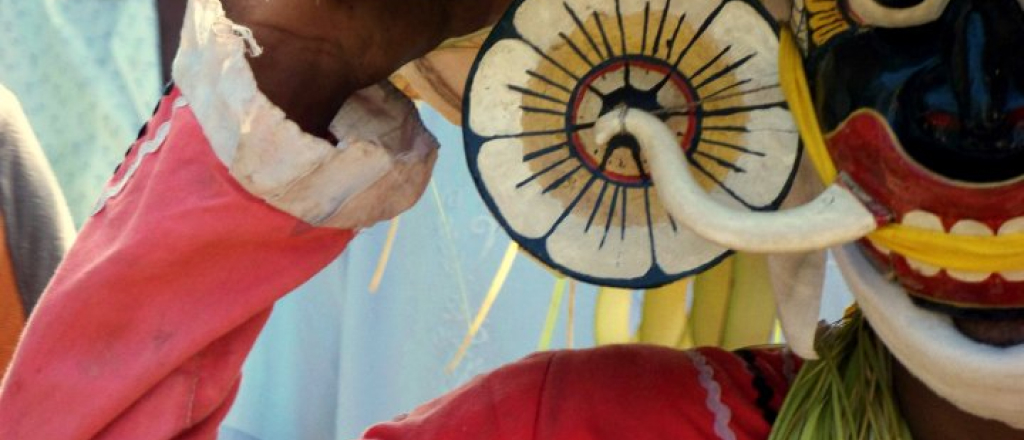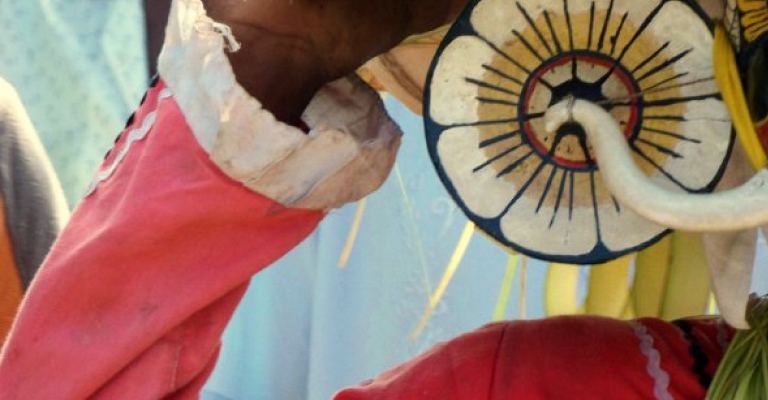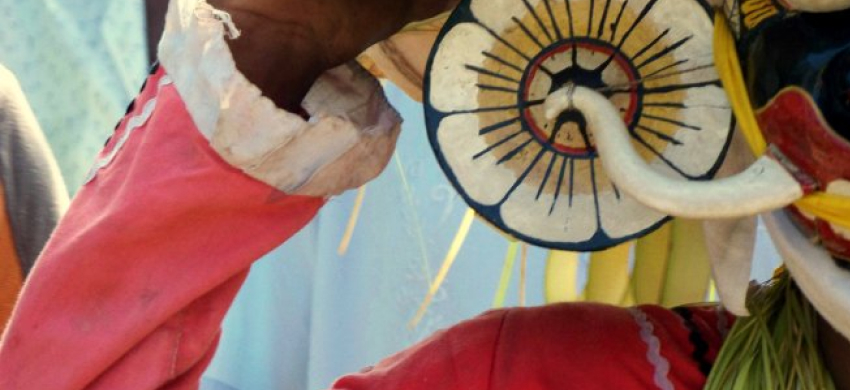Anthropology develops transferable skills in the areas of understanding human diversity, building research skills for collecting and making sense of information, and communicating effectively. In today’s globalized world, gaining a deep understanding of cultural and ethnic differences, and learning how people’s beliefs and practices fit into a wider social, political and economic context is crucial.
In the marketplace, employers are in search of the skills you gain during your undergraduate studies such as analytical thinking, research and writing skills, and the confidence to deal with a variety of social situations. The study of anthropology nurtures the development of careful record-keeping approaches, considering problems from multiple perspectives and understanding components of complex problems. Our students learn to write effectively, read critically, convey complex information, speak to groups, and present research findings. Culminating in the capstone project, our majors can plan projects, apply theoretical approaches to research problems, establish hypotheses and evaluate evidence.
The study of anthropology develops the capacity to understand and appreciate human relationships between groups and individuals, identify cultural/social forces, and understand diversity. The major prepares students to connect theory to practice in both the public and private sector, as evidenced by the diverse array of internship opportunities and placements over the years.
Yale-NUS anthropology graduates employ their valuable skills of observation and cultural analysis in NGOs, museums, academia, the arts, journalism, consulting, government, and the law, among other careers.
Current students in Anthropology have benefited from rewarding internships in the following organizations:
- National Heritage Board (Government)
- Millennials of Singapore (Media)
- The Playbook (Media)
- Singapore Press Holdings (Media)
- NUS Museums (Heritage)
- The Habitat Foundation (NGO)
- HOME (NGO)
- Spotify (Technology)




